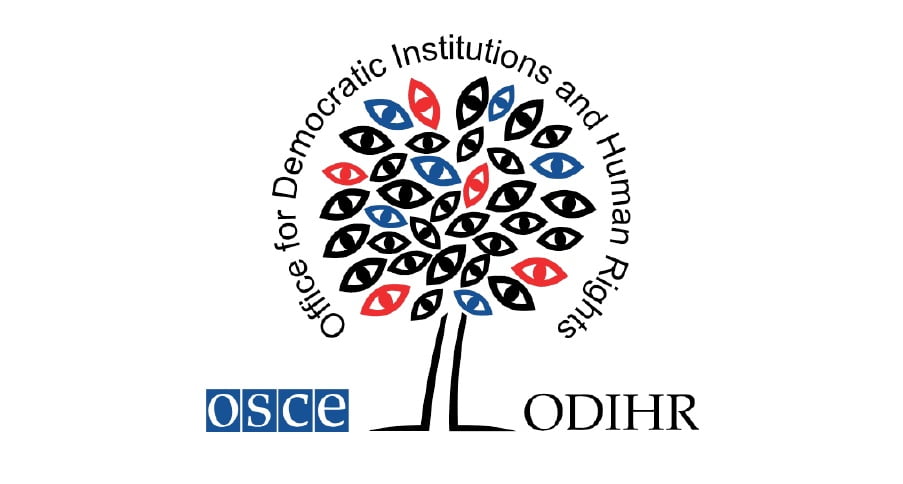The OSCE’s Office for Democratic Institutions and Human Rights (ODIHR) “welcomes” the announcement that Georgia‘s Supreme Court judicial appointments “have been halted for now.”
In a statement released on its official Facebook page on January 15, ODIHR also reiterated its willingness to work with the Georgian authorities “to address the shortcomings in the process and improve the legal framework for judicial appointments.”
- Six More Candidates of Supreme Court Judges Named
- Parliament Puts 14 Judges on the Top Bench for Lifetime Tenure
Through secret ballot held on December 26, the High Council of Justice (HCoJ), named six more candidates – Ilona Todua, Genadi Makaridze, Nino Sandodze, Paata Silagadze, Giorgi Tkavadze, Tea Dzimistarashvili – of the Supreme Court judges.
However, former Parliament Speaker of Georgia, Georgian Dream lawmaker Irakli Kobakhidze announced less than a week ago that the ruling party takes into account Venice Commission’s recommendation that no more than half of the Court’s judges should be appointed by the same convocation of the Parliament. He noted that as the current convocation of the Parliament has already confirmed 14 Supreme Court judges for the lifetime tenure (that is already half of legally required minimum number of 28) the remaining candidates will be selected by the next convocation of parliament, elected through October 2020 polls. This means that further Supreme Court judicial appointments are halted for now.
- OSCE/ODIHR: ‘Political Wrangling Compromises the Independence of Appointments to Georgia’s Highest Court’
- Georgian Dream, Opposition Assess OSCE/ODIHR Report on Appointment of Supreme Court Judges
A week ago, on January 9, ODIHR released its second monitoring report on the judicial appointment process in Georgia, noting that that legal reforms regulating the appointment of Supreme Court judges in Georgia “fail to ensure an impartial process based on clearly defined and objective criteria without the influence of partisan politics.”
This post is also available in: ქართული (Georgian) Русский (Russian)

